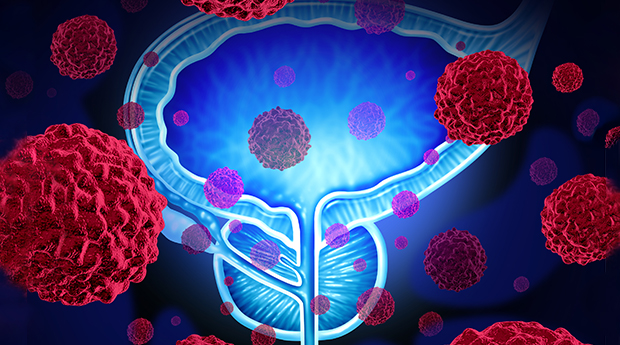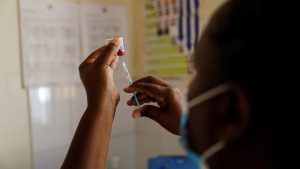The World Health Organisation (WHO) says there is an increase in the number of cancer cases in Africa. In South Africa doctors are seeing a high number of patients with colon cancer.
Although South Africa does not have an official registry of the number of people living with cancer, cervical, breast, testicular and prostate are the most common cancers.
As the world commemorates World Cancer Day on Monday, under the theme “I am and I will” South Africans have been urged to get screened for various cancers to detect them early.
Globally, there were 18 million new cases of cancer and close to 10 million deaths in 2018.
In Africa, it is estimated that new cancer cases could double to two million in the next 20 years, if nothing is done to curb the spread of cancer on the continent.
“Cancer cases are increasing in Africa and among the most serious challenges facing patients and their families are late and poor diagnosis, lack of health insurance and inadequate resources. So, I urge all stakeholders particularly governments to take steps to reduce the impact of cancer in countries,” says WHO Regional Director for Africa, Dr Matshidiso Moeti.
South Africa has also seen a rise in the number of patients diagnosed with cancer in recent years.
Government has had to strengthen its response to the cancer burden.
“We are moving towards determining how do we bring these together – maintenance of equipment – because remember in KZN (KwaZulu-Natal) the issue resulted as a result of poor maintenance. The availability of expensive radiation oncology equipment; how do we maintain it? At the moment, we are struggling. The requirements of the NDP (National Development Plan); if we have to overcome inequality and poverty, what is it we have to do because many of people who experience that are those that continue to experience barriers to care,” says health department’s Sandhya Singh.
On #WorldCancerDay , how has cancer affected your life?
— SABC News (@SABCNews) February 4, 2019
Public Benefit Organisation, PinkDrive, goes into communities to screen men and women for breast cancer and now lately also prostate cancer in men. They then refer them to government hospitals for healthcare.
“South Africa has got a lot of challenges in terms of budgetary constraints and the distribution of capacity. But what we are saying to everybody and especially, to all South Africans, be patient as we get that answer right. We have an answer. The answer lies in collaborating with the Department of Health as a non-profit company. It’s from the awareness, all the way up to reintegrating that person back into society as a productive person. So, it’s a whole value chain,” says Pinkdrive’s Doctor Ashwin Hurribunce.
Smoking and the use of alcohol, a lack of physical exercise and poor diet are some of the risk factors for the various cancers.
Doctor Marlin McKay encourages people to adopt a healthy lifestyle to minimise the risk.
“If you are a young woman make sure you have your papsmear, older woman make sure you are examining your breasts every month and going for mammogram. Younger men don’t be shy to feel your testes, look for lumps and bumps that were not there. Older men make sure that you have your prostate checked and that just involves a blood test and if necessary you may have the digital rectal examination which many men obviously fear. And then for middle aged men 40-50’s, I’m advising very strongly have at least a colon colonoscopy.”
McKay says if you notice unexplained weight loss, sudden night sweats, fatigue among other things, your body is trying to signal that there may be a problem.






